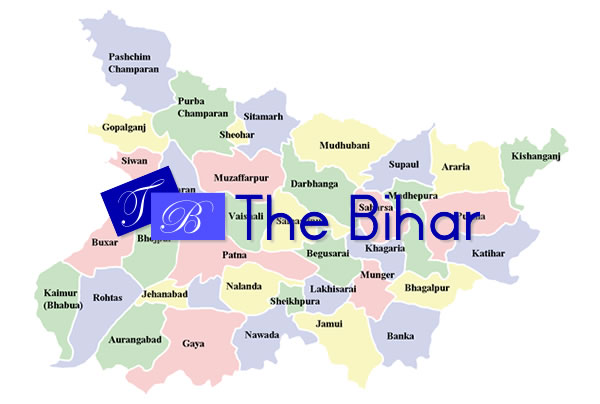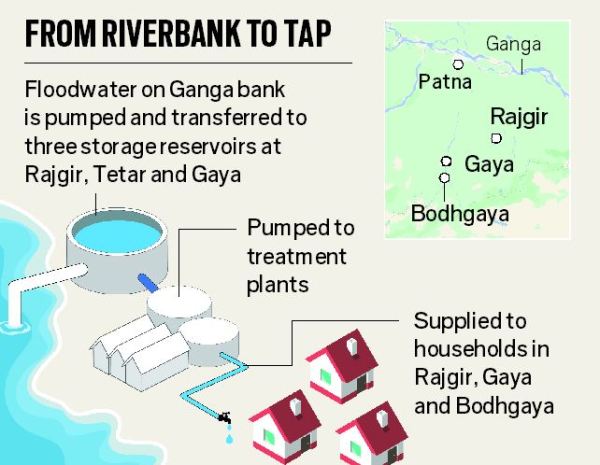Fighting polio was toughest in Bihar, UP
2 min read Though India’s last polio case occurred in West Bengal, Bihar and Uttar Pradesh were states where the fight against the wild polio virus was the toughest. Uttar Pradesh and Bihar have not reported any case of polio since April 2010 and September 2010, respectively, but the state governments are closely monitoring the immunisation programme to ensure all children are vaccinated.
Though India’s last polio case occurred in West Bengal, Bihar and Uttar Pradesh were states where the fight against the wild polio virus was the toughest. Uttar Pradesh and Bihar have not reported any case of polio since April 2010 and September 2010, respectively, but the state governments are closely monitoring the immunisation programme to ensure all children are vaccinated.
“Uttar Pradesh has not had cases since three years and eight months, and soon it will be declared polio-free state”, said health and family welfare minister Ahmed Hasan.
Each year, seven rounds of immunisation drives were organised in these two states to vaccininate all children who were under the age of five.
In Uttar Pradesh alone, 4 crore children are vaccinated, which has helped bring down polio from 602 cases in 2009 to zero in 2011. The biggest challenge was rumours that the polio vaccine caused infertility and impotence that prevented families – mainly, poor Muslims — in Rampur, Bareilly, Aligarh, Moradabad, Sambhal and Meerut from getting their children vaccinated. Even popular Bollywood actors Amitabh Bachchan and Aamir Khan could not convince them that the vaccine was safe.
What worked was the constitution of a committee of the prominent Muslim Ulemas, among them Naib Imam Idgah Maulana Khalid Rasheed Farangimahali, the vice- president of the All India Muslim Personal Law Board; Maulana S Kalbe Sadique, principal of the Nadwatululama (Nadwa); Maulana Saeed-ur-rahman Azmi, president of the Sunni Ulama Council, among others.
Ulemas belonging to conflicting ideologies — Barelvis and Deobandis — came together and calls to vaccinate were made during prayer in mosques, madarsas and religious congregations. “In Islam, life is considered a gift of god and every child should be healthy,” urged Maulana Idreees Bastavi.
Maulana Sadique said Muslims were suspicious since they believed Western countries supplied vaccine. “We told the community that there was nothing in the content of the vaccine that could be termed a haram (prohibited). Even the Saudi Arabian government had issued an order that those coming for Haj should carry polio vaccination certificate,” said Maulana Khalid Rasheed Faranagi Mahali. The effort paid dividends and in 2010, only 10 polio cases was reported, with the state’s last case reported in Firozabad district on April 24, 2010.
The risk of recurrence of polio remains as long as the possibility of virus transmission persists anywhere in the world. “To mitigate the risk, we have planned five rounds of pulse polio campaign this year, beginning from January 19,”said Sanjay Kumar, secretary, health, Bihar.
Apart from the pulse polio campaign, thrust would also be on routine immunisation (RI), which had largely contributed in eradicating the infection. “This can be substantiated by the fact that in 1998-99, when the RI was 11%, poliomyelitis was at its peak. In 2011, when the percentage of RI in the state went up to 66.8%, the number of polio cases came down to zero,” said Kumar.
Courtesy: Hindustan Times


